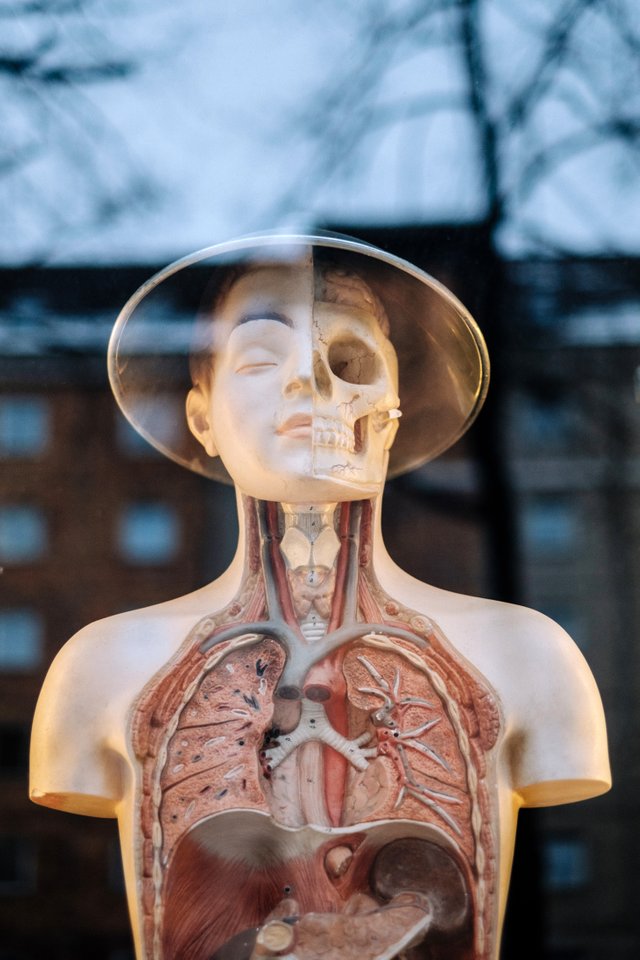The Truth About Testosterone and Estrogen: A Guide To Our Most Misunderstood Hormones

Chances are, if you’re reading this, you’re worried about your hormone levels. You’re probably a man who wants to make sure he’s got all the testosterone he can. Or maybe you’re a woman with a little too much leg hair who wants to know if her estrogen isn’t quite high enough.
Most people misunderstand testosterone and estrogen. What people think these hormones do and what they actually do are worlds apart. People usually understand men to “have testosterone” and women to “have estrogen.” Testosterone makes one ‘manly,’ and estrogen makes one ‘womanly.’
In reality, these hormones are a lot more complicated.
- While men have 8 to 10 times more testosterone than women, women do have testosterone. (The reason men are not 8 to 10 times more masculine than women is that women have a complex chemical profile that enables their testosterone to be more potent).
- What’s more, women have 10 times more testosterone than they do estrogen.
- Men as well as women have estrogen.
- Testosterone and estrogen are closely related and chemically similar in structure.
Every person has an ideal amount of these hormones for their body. Man or woman, the symptoms of hormone imbalance are the same for everyone.
Estrogen is an important hormone, but too much or too little can be a huge problem. The symptoms of high estrogen include difficulty losing weight, diabetes, lethargy and low sex drive. Estrogen is produced in fat cells. So, people who are overweight produce more estrogen.
Testosterone is as essential as estrogen (if not more so). Symptoms of low testosterone include low sex drive, fatigue, anxiety, and difficulty concentrating. What’s more, testosterone is not produced in fat cells. The more overweight a person is, the less testosterone is available for their bodies.
Hormonal imbalances are rampant in America right now for both genders. Obesity is an epidemic which includes increased estrogen and decreased testosterone. Almost 50% of American women suffer from sexual dysfunction like low libido. Low testosterone may cause this. Women even give themselves low testosterone - all hormonal birth control methods for women lower testosterone, which is what causes its side effects of decreased sex drive and lethargy.
How Does Aging Change Our Hormones?
Menopause is a clear example of age-related hormonal change. In menopause, estrogen production drops in women. This drop in estrogen allows a woman’s existing testosterone to be more potent.
However, men also experience a hormonal change of their own. While it isn’t as sudden or extreme as menopause, men do experience a decline in testosterone production when they reach old age.
Doctors say neither menopause nor age-related testosterone decline is dangerous. Aging is a part of life. Treatment with hormones is only recommended when the hormone changes impact quality of life. Studies showed that replacing the testosterone in aging men with oral supplements helped with getting a little leaner, but did not help with anything else. For men with erectile dysfunction, testosterone had to be paired with Viagra to improve outcomes.
Do People’s Hormones Synchronize?
One study dating back to 1971 shows that women who live together or spend a lot of time together experience their periods syncing up. Many women report their periods syncing with other women they live with. However, more recent studies have failed to reproduce these results. Therefore, what people think is synchronicity is probably mere coincidence. When periods take up a quarter of every month, it stands to reason some people will be synchronized by coincidence.
A 2017 study demonstrated that heterosexual couples often have cortisol levels that are synced up. Cortisol is a critical hormone that regulates stress, digestion, and other survival functions. The more unhappy the couples were, the more their cortisol levels were synced up. In other words, they were stressed at the same time. (The study did not determine whether being in an unhappy relationship caused these synced cortisol levels (as is my suspicion), or if physical proximity caused synced cortisol levels, leading to increased conflict). So, while women’s periods may not sync, people can have other synchronized hormones.
Further evidence shows that adult heterosexual couples synchronized their testosterone across a woman’s pregnancy. The study found that the more closely parents testosterone levels were synchronized, the more devoted they were to the child and the relationship. In this case, synchronized hormones produced better outcomes - happier relationships.
I tried to research studies that explored whether couple’s sexual hormones (testosterone and estrogen) synchronize, but wasn’t able to find any at all. That doesn’t mean they don’t, but it does suggest that scientists currently consider it unlikely enough that they haven’t bothered to study it.
If you liked this article, sign up to get notified when I publish more work.
Wow, I didn't know that!